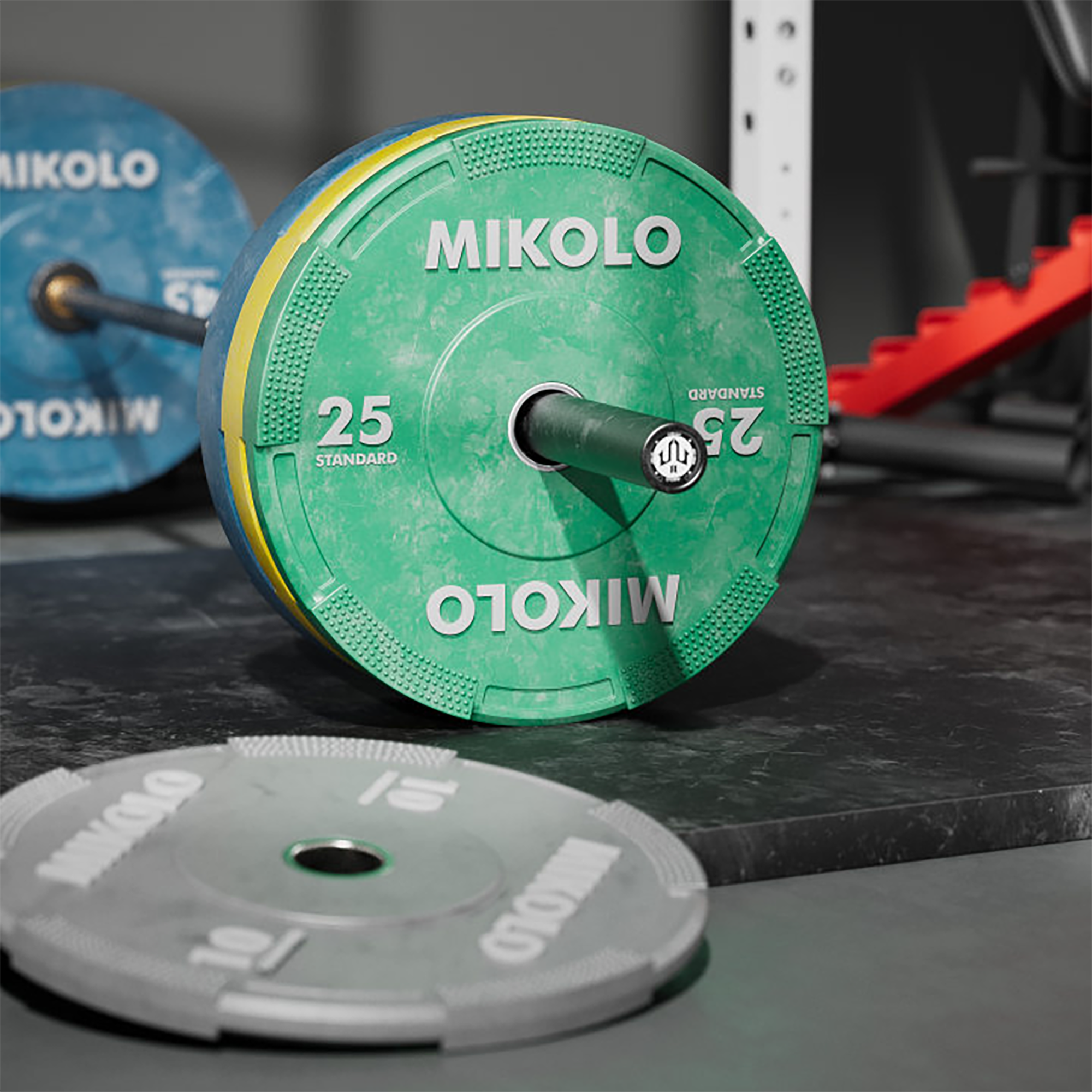When it comes to building a home gym, few pieces of equipment are as essential—and versatile—as weight plates. Among the many options, 1-inch weight plates stand out as the traditional choice for beginners, casual lifters, and anyone who values affordability and simplicity. This guide will break down everything you need to know about 1-inch weight plates, their benefits, how to choose the right set, and how they fit into an effective training routine.
What Are 1-Inch Weight Plates?
1-inch weight plates are known as "standard" plates, designed to fit standard barbells and dumbbell handles with a 1-inch diameter sleeve. These plates come in a variety of materials, most commonly cast iron, coated iron, or rubber-coated options. They are ideal for light to moderate strength training, perfect for home gym setups with limited space.
Why Choose 1-Inch Plates?
-
Compatibility: Fits standard barbells, adjustable dumbbells, and curl bars.
-
Affordability: Generally more budget-friendly than Olympic plates.
-
Compactness: Lighter and smaller, easier to store and transport.
-
Ideal for Beginners: Great for learning proper form before progressing to heavier loads.
Choosing the Right Weight Plate Set (1-Inch)
When selecting a weight plate set 1-inch, there are a few key factors to consider:
-
Material: Cast iron plates are durable and cost-effective, while rubber-coated plates reduce noise and protect your floors.
-
Weight Range: Typical sets include a mix of 2.5 lb, 5 lb, and 10 lb plates. Some sets go up to 25 lb or even 50 lb.
-
Grip Design: Plates with built-in hand grips make loading and unloading much easier.
-
Finish: Powder-coated or enamel finishes protect against rust and scratches.
A standard weight plates 1 inch set is often a great starting point if you’re outfitting your home gym on a budget but still want variety in your training.
My Experience with 1-Inch Plates
When I first built my home gym years ago, I started with a basic 1-inch weight plate set. At that time, space and budget were my biggest constraints, and the standard plates served me well. I appreciated how easy it was to mix and match plates for different exercises, especially when using adjustable dumbbells for arm workouts. Over time, as I progressed, I added a pair of 25 lb 1 inch plates to the collection, which kept me progressing without having to upgrade to expensive Olympic equipment immediately. Even now, I keep a pair of standard plates handy for lighter accessory movements like front raises and tricep extensions.
Common Uses for 1-Inch Weight Plates
1-inch weight plates aren’t just for barbell workouts. Here are some practical ways to use them:
-
Barbell Exercises: Bench press, squats, curls with a standard barbell.
-
Dumbbell Workouts: Adjustable dumbbells allow versatile home workouts.
-
Bodyweight Additions: Add weight to dips, pull-ups, or weighted sit-ups.
-
Rehabilitation & Conditioning: Lighter plates (2.5 lb, 5 lb) are useful for recovery and joint-friendly training.
Should You Choose 1-Inch or Olympic Plates?
For most home gym beginners or intermediate lifters, weight plates 1 inch diameter are more than enough. If you’re focusing on general fitness, muscle toning, or moderate strength development, these plates offer excellent value. Olympic plates (2-inch diameter) are typically necessary only if you’re training for powerlifting, Olympic lifting, or using heavy compound lifts with significant weight loads.
Final Thoughts
1-inch weight plates offer an accessible, versatile, and space-saving solution for anyone building strength at home. Whether you’re assembling a weight plate set 1-inch for the first time or adding to your existing gym, these plates will likely cover most of your needs without breaking the bank. Start small, stay consistent, and you’ll be surprised how far you can progress with simple, effective tools.
If you’re new to lifting or just want to stay active without investing in bulky equipment, standard weight plates 1 inch could be the best starting point for your fitness journey.













































Leave a comment
This site is protected by hCaptcha and the hCaptcha Privacy Policy and Terms of Service apply.